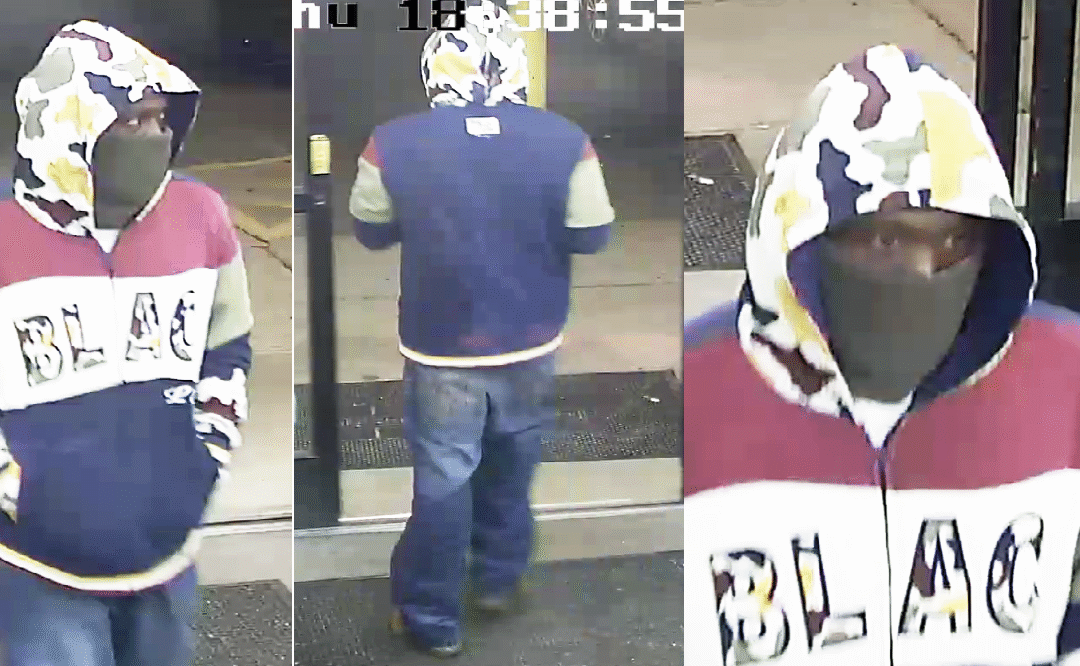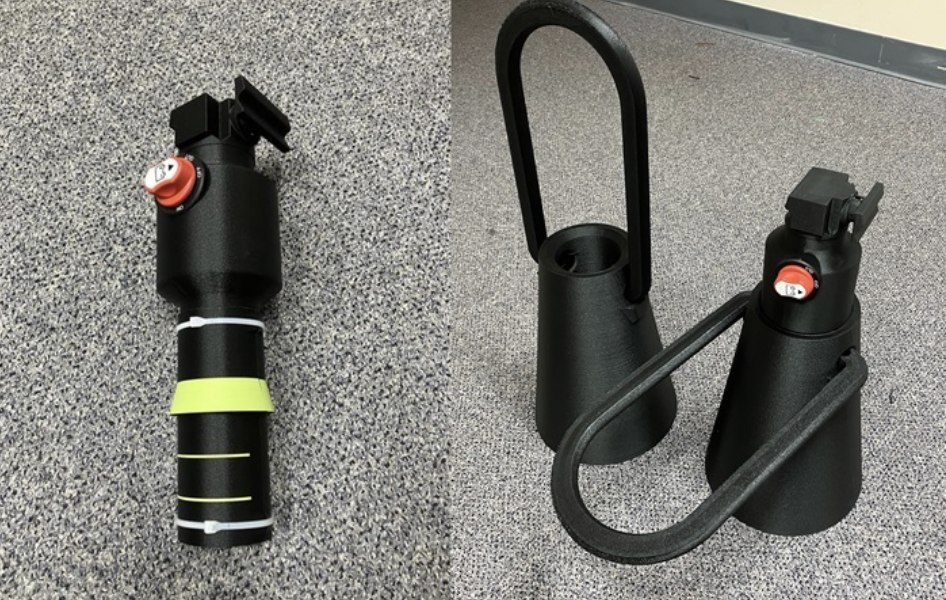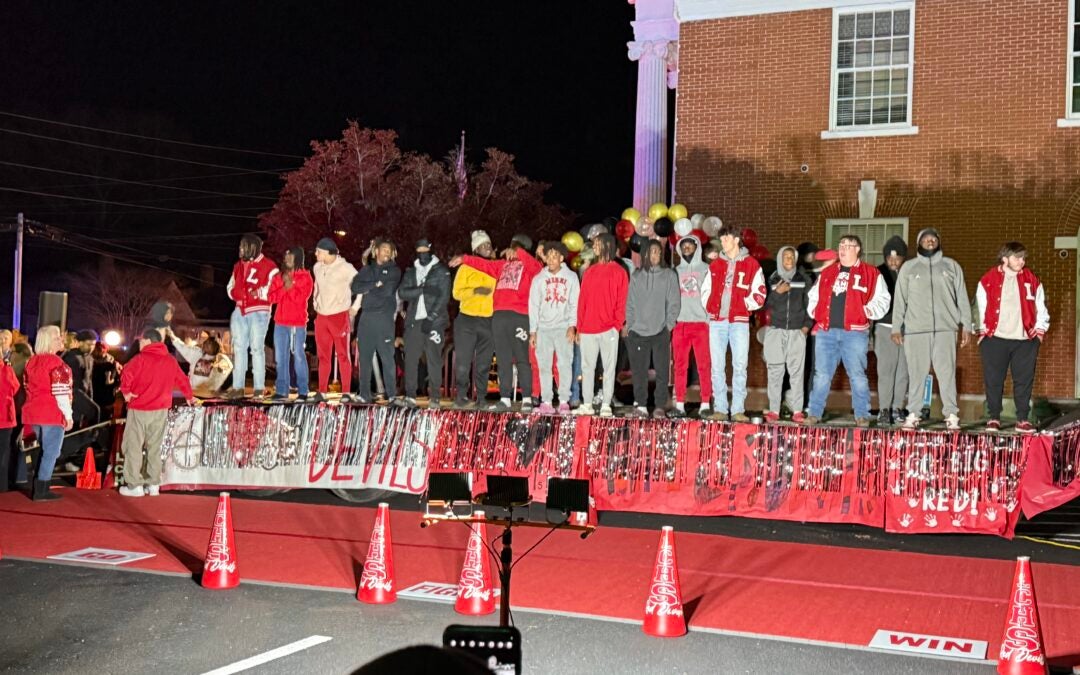The Augusta Commission agreed at its Nov. 1 meeting to provide the Augusta Land Bank Authority with $1 million in American Rescue Plan funding for upkeep or demolition of property and to combat blight.
The vote was 8 – 2 with District 10 Commissioner John Clarke and District 3 Commissioner Catherine McKnight voting “no.”
Augusta Land Bank Authority Director Shawn Edwards presented a spreadsheet showing where the land bank intends to spend the money.
According to the spreadsheet, $625,000 will be used to rehabilitate 25 homes, $125,000 to acquire 50 properties through the tax foreclosure process, $210,000 for demolition, $270,000 for cutting grass at lots managed by the land bank and $43,750 to mothball properties.
MORE: Augusta Land Bank Authority requests American Rescue Plan funding
However, eyebrows were raised at the line item for $266,883 to be used to hire staff and $34,367 as a “contingency” fund.
“Is this a duplication of services from another department?” District 7 Commissioner Sean Frantom asked Interim City Administrator Takiyah Douse.
Douse responded that it was an “extension of the services we already offer.”
Mayor Hardie Davis Jr. asked if the more proper funding source would be federal Community Block Grant funding that already flows into the city.
Edwards responded by telling the mayor that those funds went direct to the city and the land bank could not apply for them on its own. Edwards also added that he was advised by former Administrator Odie Donald to ask for the ARP funding since the money came from the federal government.
“Aren’t CBG funds federal?” Davis asked.
“Yes, sir,” Edwards said.
The Augusta Land Bank Authority is somewhat of an island upon itself. While its website claims the land bank is a non-profit agency, it is not listed with the Secretary of State’s Office. Board Chairman Chris Johnson explains that the land bank is actually an “authority” that was set up in 1996, shortly after consolidation.
While the land bank manages its own bank account and operates out of a private office, the city pays for its two full-time employees.
In past press accounts, several commissioners have admitted they know little about the land bank or how it operates until it came to light that former State Sen. Charles Walker was sold land bank held property for a fraction of its value.
In that instance, the land in question was not placed on auction or sold by sealed bid, but rather quietly sold off to Walker.
MORE: City land deal with The Walker Group raises eyebrows
McKnight says she is troubled that the land bank would ask for such a large amount of money without identifying exactly which properties are going to be purchased or rehabbed.
McKnight also questioned why the land bank needed money to mothball, or board up property, when their stated mission was to return formerly blighted property to the tax digest.
“We need to know more about the properties, the addresses and who owns them. We need more information. We can’t just keep giving away money without knowing exactly where it is going,” McKnight said.
Scott Hudson is the senior reporter for The Augusta Press. Reach him at scott@theaugustapress.com











